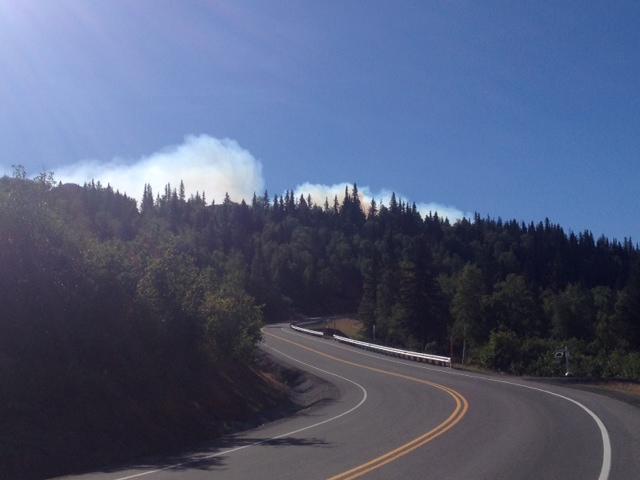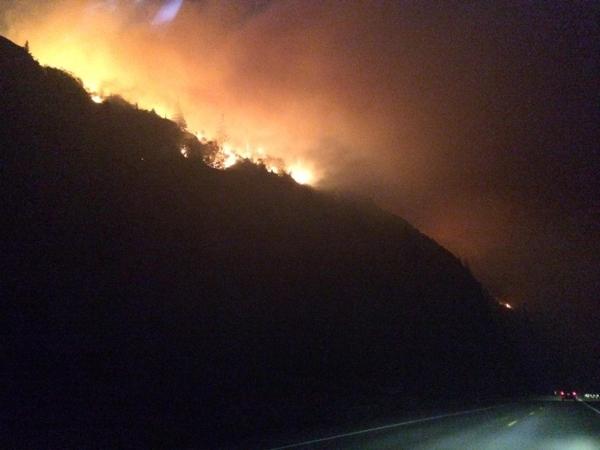As you did not add a qualifier (probably, most likely) to that statement. I'm thinking you must have some personal experience with regard to this. Could you expand or offer a little more detail? If this happened to you or a friend, what brand and model of safe was it? RSC or class B safe?

|
   
   
|


|






 Reply With Quote
Reply With Quote

















